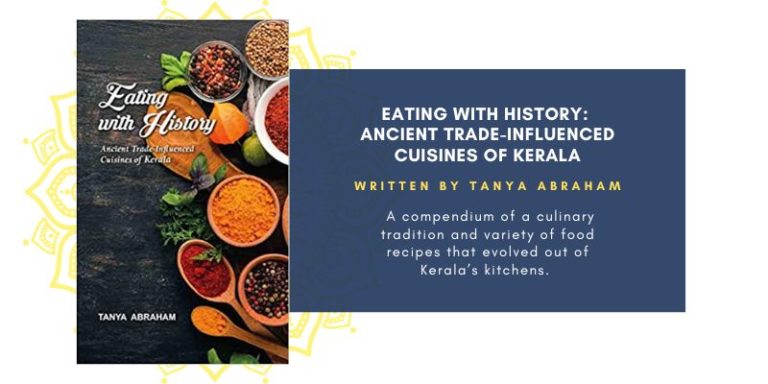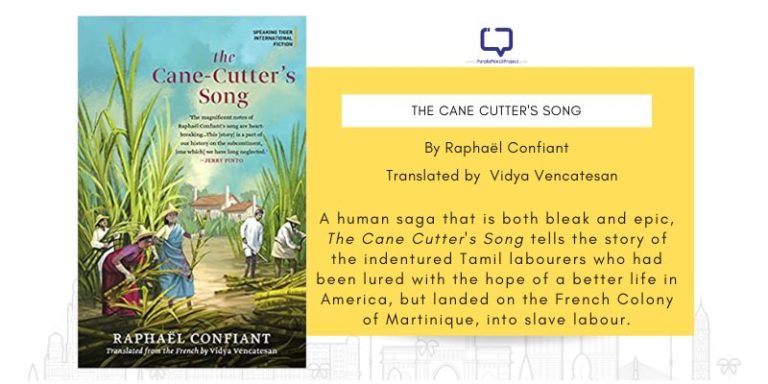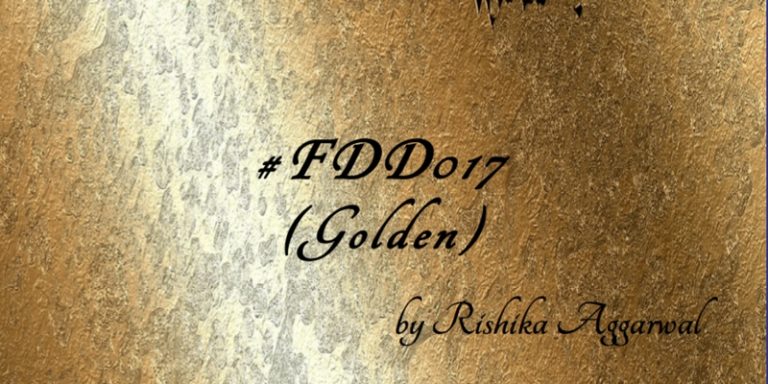When I picked up Manu Joseph’s Miss Laila Armed and Dangerous, I had no idea that I was about to become an Alice hurtling down the rabbit hole. A scathing take on not just the ruling government but also the hypocrisy of the liberal left, Joseph spares no one in his thriller novel.
We encourage you to buy books from a local bookstore. If that is not possible, please use the links on the page and support us. Thank you.
Laced with wicked satire and intrusive in its telling, the story is told from the perspective of four characters, each of who belongs to different sections of society. It begins with a media res as we are introduced to our protagonist Akhila a young to-be-neurosurgeon, who finds herself in the centre of the aftermath of a calamity – a building has collapsed and she is the only one who can slip through a crack to feed a man trapped inside, but alive. The ‘plot’ begins when he starts mumbling. As the story unravels we find ourselves privy to the thoughts of three other people, the Professor, Aliya, the younger sister of Laila, and Mukundan, a Bureau agent.
Joseph’s expertise lies in his ability to weave together different tales and perspectives and create a fluid narrative that gifts the reader with a psychological insight into the characters.
Unbridled Xenophobia
The central theme of the story is dominated by unbridled xenophobia towards the Muslim community as perpetuated by the ruling parties. The official reasoning used to disturb the secular nature of society is terrorism. The government prescribes the generalization that all Muslims have radical, terrorist tendencies because their loyalties do not lie with India.
The temporal location for the story being post the elections that brought the current government into power sets the stage for the steady rise in acts of intolerance and hatred that begin to plague a once secure country. Joseph’s “Damodarbhai” simply becomes the spokesperson for the thoughts of a radical Hindu. One of the narrators in the story, Mukundan, describes him as “a secret thought that people have already thought”. A variety of instances littered over the course of the story highlight this growing ideology, including a speech about why Muslims are so filthy.
But most of all it is reflected in the merciless, unwarranted butchering of Muslims at the hands of the people in power and their followers. Laila and Jamal are the only named ones out of the countless who fell prey to the zealots.
The Hypocrisy of the Liberals
Joseph also performs a satirical dissection of the hypocritical, self-serving attitudes of the liberals who seem to reject the harsh truths of the reigning society, deeming it backwards and barbaric from their glass houses.
This upheaval of the liberal state of mind is done through Akhila’s short films, each with unique titles like ‘How Feminist Men Have Sex’, moonlighting as a grand prank. She runs a website, PhilosophicalThugs.org, where she targets outspoken liberal men by questioning their motives and exposing their lopsided sense of morality. She aims to rip off their blinds and enlighten them to the futility of their beliefs because when an entire country has chosen a man accused of blasphemous actions as their supreme leader there is very little these Liberals can do from their ivory towers.
As the story progresses, Akhila’s perception of her social reformer (labelled Maoist) mother also undergoes a stark transformation. She goes from a young girl who waited weeks for her mother’s arrival home to a young woman who, having seen the debilitating moral compass of the society she lives in, realizes the ineffectuality of her mother’s work and those like her, who like the Titan, Atlas, struggled to push a boulder that would inevitably roll down again.
Tragedy
Superseding everything else, Miss Laila Armed and Dangerous is a tragedy, a shraddhanjali to the accounted and the unaccounted who have lost their lives to the ruminations of power. Joseph weaves together a powerful picture of loss – the loss of peace, respect and identity in the face of toxic patriotism. He cautions his readers about the grandest pranks of them all. He says,
“The republic is a giant prank. It lures all into believing that they can do anything and get away. And they do get away with a lot. But then one day, inevitably, surprise.”
Here tragedy plays a very important role. Akhila’s character is hardened by the untimely loss of her mother to a social revolution as is Laila’s on the other end of the class spectrum who carries on her shoulders at 19 the burden of being the sole breadwinner upon the death of her father. We are never told if she really has terrorist connections as the Bureau of Investigation and the ‘Beards’ suspected even after her body is sent to her family riddled with bullet holes and labelled a terrorist. There is no mention of the futures of the families of either Laila or Jamal, a father to three young children. It is left open to the reader’s imagination, the mark of a tragedy in its uncertainty.
Sparks of a Revolution
The novel ends on a redeeming note. Joseph hints at redemption for Mukundan, who witnessed the cold-blooded murders of possibly innocent people. But that is not to say that he does nothing to try and save their lives but finds all his ideas foiled by the bureaucratic system. He is forced to watch a young couple die a needless death, his hands tied by the role that he was once proud of. Still, unlike those who committed the murders and profited from them, he never got over his guilt. He waits, patiently, for the spark of a revolution, for the singular domino that will bring out the cracks in Damodarbhai’s empire.
The reader is left to wonder if our protagonist Akhila is this spark, the one to bring about a cleansing wildfire. Reading this book, during the national elections that will determine our future for the next five years has been revelationary, an insight into the disaster that awaits us if we continue to let ourselves be brainwashed by religious propaganda. Lest I break out in a political tirade, I really want to tip my hat to Joseph for not whitewashing the brutal realities of modern India as most post-modern novelists do. Because surely, it takes a will of iron to speak your truth in a world where men have been destroyed for less.
Favourite quote:
“The possibility of death does not occur to her. It never does. If she is ever in an air crash, she knows, she would be that lone miraculous survivor. She might even save a child. It is not hope, which is merely a conversation with the self. Hope is a premonition of defeat.”
Final Verdict: Overall, an enthralling read with strongly fleshed-out characters, biting sarcasm and fluid narration despite the jumps in time.
Recommended for: Anyone who thinks an apolitical stance is an appropriate response to the country’s governance. It is also a good read for 18-21-year-olds like me, who are exercising their Universal Adult Franchise rights for the very first time and want to know the bigger picture before they cast their vote.





















